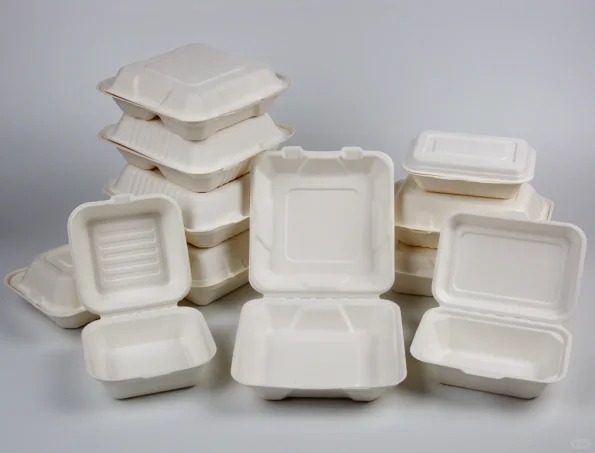Black plastic, commonly used in products like children’s toys, takeout containers, kitchen utensils, and grocery trays, may be concealing dangerous levels of toxic flame retardants. Recent studies show that these chemicals, which are often recycled from electronics, could be leaking into everyday items and posing serious health risks.
Megan Liu, lead author and science policy manager at Toxic-Free Future, an environmental advocacy group, highlighted that some of the highest concentrations of flame retardants were found in black plastic pirate coin beads—popular in children’s costumes. “This product contained up to 22,800 parts per million of total flame retardants—nearly 3% of its weight,” Liu explained. Given that children frequently handle such toys for extended periods, this increases the exposure to these harmful substances.
This alarming discovery underscores the need for heightened awareness and potential regulatory action to protect public health, especially among vulnerable populations such as children.
E-Waste Contamination and Its Impact on Kitchenware
The study also uncovered that many of the most hazardous flame retardants in everyday products, including kitchen utensils, stem from electronic waste, like TV casings. During the recycling process, these chemicals have ended up in black plastic, which is then used in consumer items like food trays and kitchen tools.
For example, a common black plastic sushi tray was found to contain 11,900 parts per million of decabromodiphenyl ether (decaBDE), a flame retardant linked to severe health risks such as cancer, hormone disruption, and developmental delays in children. Despite the U.S. Environmental Protection Agency (EPA) banning decaBDE in 2021, traces of it were still present in 70% of the tested samples, with levels exceeding safety limits.
The Safer, Eco-Friendly Choice: Bagasse Tableware
As awareness grows about the risks associated with black plastic products, consumers are increasingly opting for safer, eco-friendly alternatives. Bagasse tableware, made from sugarcane fiber, has emerged as a leading option for those prioritizing health and sustainability.
Bagasse products, including biodegradable plates and cutlery, are made from renewable resources like sugarcane pulp. These items are fully biodegradable and compostable, offering a sustainable solution for reducing environmental impact. They are free from harmful chemicals and are both durable and reliable for daily use.
Particularly in the kitchen, where black plastic utensils such as spatulas and slotted spoons may expose users to as much as 34.7 parts per million of decaBDE daily, switching to eco-friendly alternatives like sugarcane-based tableware can greatly reduce the risk of chemical exposure. After use, bagasse products break down naturally, leaving no harmful waste behind.
Expert Recommendations: Choose Biodegradable Over Black Plastic
Health and environmental experts, including Linda Birnbaum, former director of the National Institute of Environmental Health Sciences, strongly advise against using black plastic for food-related items or toys. Instead, Birnbaum recommends opting for biodegradable, eco-friendly alternatives such as bagasse tableware to minimize exposure to toxic chemicals.
Whether for family meals or takeout packaging, biodegradable products like bagasse plates and sugarcane-based cutlery provide a safe and sustainable choice. These items not only ensure reliable food storage but also help protect both your health and the planet.
As the research into the hidden dangers of black plastic continues, it’s crucial for consumers to make informed decisions, especially when it comes to items in direct contact with food. By switching to safe, biodegradable alternatives like bagasse tableware, we can reduce our reliance on toxic plastics, protect our health, and contribute to a cleaner, more sustainable world.

